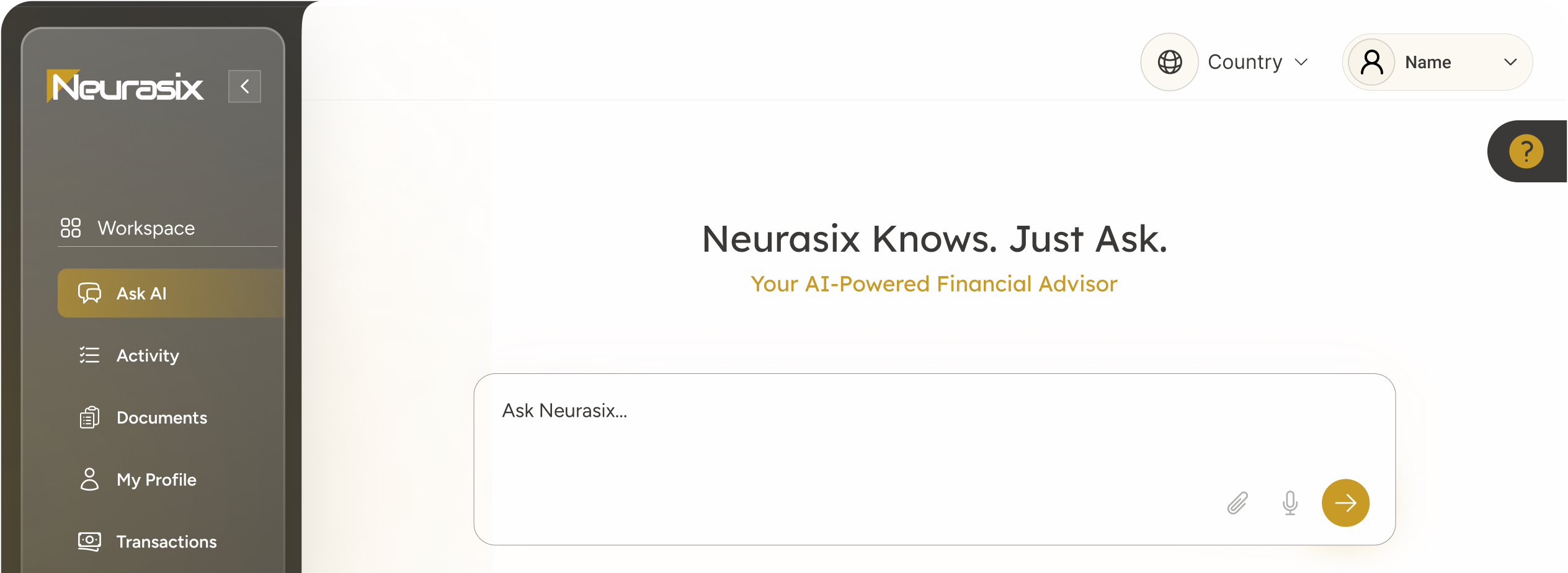The Changing Landscape of Modern Auditing
The financial industry is evolving faster than ever, driven by innovation, digital transformation, and the growing need for accuracy and transparency. In this changing environment, auditors face increasing pressure to deliver faster, more precise, and data-driven insights. This is where AI tools for auditors are making a transformative impact.
Artificial Intelligence (AI) has moved beyond being a buzzword—it’s now a core technology reshaping how audits are conducted. From automating routine tasks to identifying complex financial anomalies, AI-powered systems are enabling auditors to focus on strategic analysis rather than manual number-crunching.
The introduction of advanced technologies such as machine learning, predictive analytics, and intelligent automation is setting new benchmarks in auditing. What once took days can now be completed in hours—with higher accuracy and greater efficiency.
Understanding How AI Enhances Audit Efficiency
Traditional audits often involve sifting through mountains of financial data, invoices, and spreadsheets. This process is not only time-consuming but also prone to human error. AI tools for auditors change this dynamic entirely by automating data collection, validation, and analysis.
AI can process large volumes of structured and unstructured data in seconds, identifying inconsistencies, missing entries, and potential risks. These systems learn from patterns in past audits, enabling them to detect irregularities that might go unnoticed by the human eye.
For example, machine learning algorithms can scan thousands of transactions to flag anomalies, while natural language processing (NLP) can interpret text-based data like contracts and reports. The result is a smarter, faster, and more reliable audit process that enhances both accuracy and confidence.

The Role of AI in Financial Reporting
One of the most critical areas where AI is making a difference is financial reporting. A Financial Reporting Tool powered by AI provides auditors and finance professionals with real-time visibility into their organization’s financial performance. Instead of waiting for end-of-quarter reports, businesses can now monitor their financial health continuously and respond proactively to any discrepancies.
These tools automate data aggregation from various systems—accounting software, ERP systems, and external databases—eliminating the need for manual data entry. They also enhance compliance by ensuring that all reports adhere to relevant accounting standards and regulations.
With AI-driven Financial Reporting Tool solutions, auditors can easily identify trends, forecast outcomes, and provide actionable insights to decision-makers. This not only improves reporting accuracy but also transforms the auditor’s role from a reactive checker to a proactive advisor.
The Benefits of Using AI Tools for Auditors
The integration of AI tools for auditors offers numerous benefits that extend beyond efficiency and accuracy. Some of the key advantages include:
Time Savings: Automated processes significantly reduce the time required for data gathering and analysis, allowing auditors to focus on higher-value tasks.
Error Reduction: AI minimizes human errors by consistently applying analytical rules and detecting anomalies with precision.
Enhanced Risk Detection: Advanced algorithms can identify subtle patterns of fraud or financial misstatement that traditional audits might overlook.
Data-Driven Insights: Auditors gain deeper analytical capabilities, enabling them to provide strategic business recommendations.
Scalability: AI tools can handle large data volumes without performance issues, making them ideal for organizations of all sizes.
In short, AI empowers auditors to do more with less—delivering faster results with improved reliability.
How AI Improves Audit Transparency and Compliance
Transparency and compliance are at the heart of every audit. With evolving regulatory frameworks and complex reporting standards, ensuring compliance has become increasingly challenging. AI tools address this by maintaining an immutable digital trail of all activities, creating clear accountability and traceability.
By integrating a Financial Reporting Tool with AI-based audit systems, organizations can automatically align their financial data with legal and regulatory requirements. This minimizes the risk of non-compliance and builds trust among stakeholders, investors, and regulators.
AI also enables continuous auditing—a process that monitors financial transactions in real-time rather than waiting for year-end reviews. This ongoing oversight ensures immediate detection of errors or fraud, making audits more proactive and reliable.
Overcoming Challenges in AI Adoption
While the benefits are undeniable, adopting AI tools for auditors also comes with challenges. Data privacy, cybersecurity, and ethical considerations must be carefully managed. Additionally, auditors need proper training to effectively interpret AI-generated insights and integrate them into their workflows.
However, the long-term advantages far outweigh the initial hurdles. With the right strategy, governance framework, and technology partner, organizations can unlock the full potential of AI while maintaining compliance and control.
The Future of AI in Auditing and Financial Management
The future of auditing lies in intelligent automation and predictive analytics. As AI continues to evolve, future Financial Reporting Tool solutions will become even more intuitive—capable of anticipating risks, optimizing financial strategies, and providing real-time insights at the click of a button.
Auditors will increasingly rely on AI not just for data analysis, but for decision-making support, performance benchmarking, and continuous monitoring. This technological shift will redefine auditing from a retrospective exercise to a forward-looking, strategic function that adds tangible business value.
Conclusion: Embrace Intelligence, Accuracy, and Innovation
The era of manual audits and static reports is fading fast. With AI tools for auditors and intelligent Financial Reporting Tool platforms, businesses can achieve unparalleled accuracy, transparency, and speed in financial analysis. These technologies empower auditors to focus on insights, not inefficiencies—turning raw data into powerful, actionable intelligence.
For cutting-edge AI solutions that transform the way financial professionals work, explore the next generation of intelligent auditing at neurasix.ai, where innovation meets precision to redefine the future of financial reporting.a